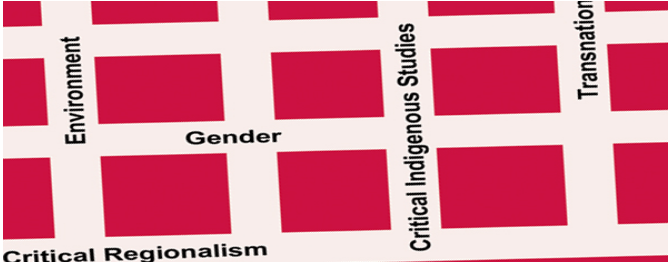
American Studies ETDs
Publication Date
7-12-2014
Abstract
This dissertation examines the politics of teen pregnancy prevention in the 1990s and early 2000s within public policy, popular culture, and local and national nonprofit advocacy. Widely viewed as a distressing social problem, teenage reproduction has provoked decades of prevention and regulation that pervade across public and private sectors. Teen pregnancy has been associated with, if not fully blamed for, a host of other so-called social problems throughout the 1980s, 1990s, and the beginning of the twenty-first century. As scholars such as Kristen Luker and Lisa Arai have labored to illustrate, causal connections between adolescent reproduction and the social ills it is said to precipitate and exacerbate are tentative at best. As such, the ubiquity of demonizing portrayals of teen pregnancy and parenthood as dangerous and irresponsible demands evaluation for what it can reveal about the values that govern mainstream society. Heavily racialized imagery of teen pregnancy was crucial to the passage of neoliberal welfare reform in 1996. Using historical, visual, and discursive analysis, I argue that contemporary privatized teen pregnancy prevention forms a key counterpart to neoliberal welfare retrenchment. I show that representations of and approaches to teen pregnancy as a social problem have shifted starkly in the post-welfare era toward a newly multicultural framework. Pioneered by some of the foremost architects of 1990s welfare reform legislation, this new discourse is purveyed through a privatized regime of coordinated social media and television that presents the management of teen sexuality as central to social wellbeing. As such, the post-welfare teen pregnancy prevention regime undergirds and extends the political and economic project of neoliberalism in three important and interrelated ways: (1) by promoting the intertwining neoliberal cultural logics of intimate citizenship, multiculturalism, and market rationality, (2) by obscuring the continued existence and lack of efficacy of punitive welfare reform policy, and (3) by helping to instantiate a paradigm of public wellbeing that sidesteps state-arbitrated wealth redistribution altogether.
Language
English
Keywords
neoliberalism, new, media, welfare, reform, sexuality, gender, ethnic, studies, teen, pregnancy
Document Type
Dissertation
Degree Name
American Studies
Level of Degree
Doctoral
Department Name
American Studies
First Committee Member (Chair)
Alyosha Goldstein
Second Committee Member
Alexander S. Lubin
Third Committee Member
Amy L. Brandzel
Fourth Committee Member
Claudia Benoit Issac
Recommended Citation
Daniel, Clare. "Reproducing Prevention: Teen Pregnancy and Intimate Citizenship in the Post-Welfare Era." (2014). https://digitalrepository.unm.edu/amst_etds/9


